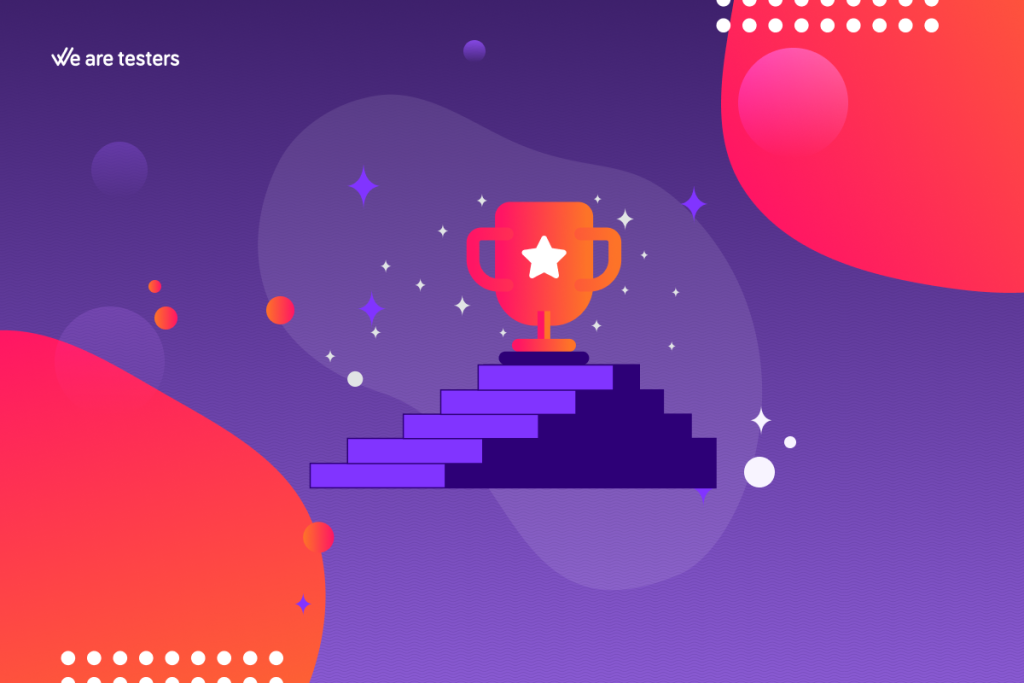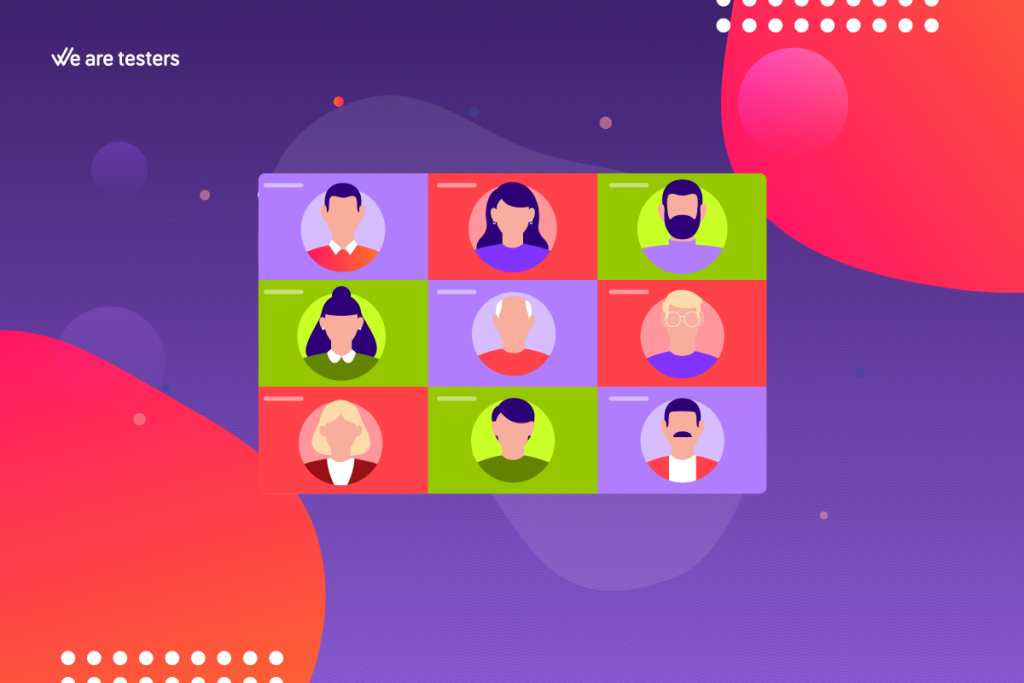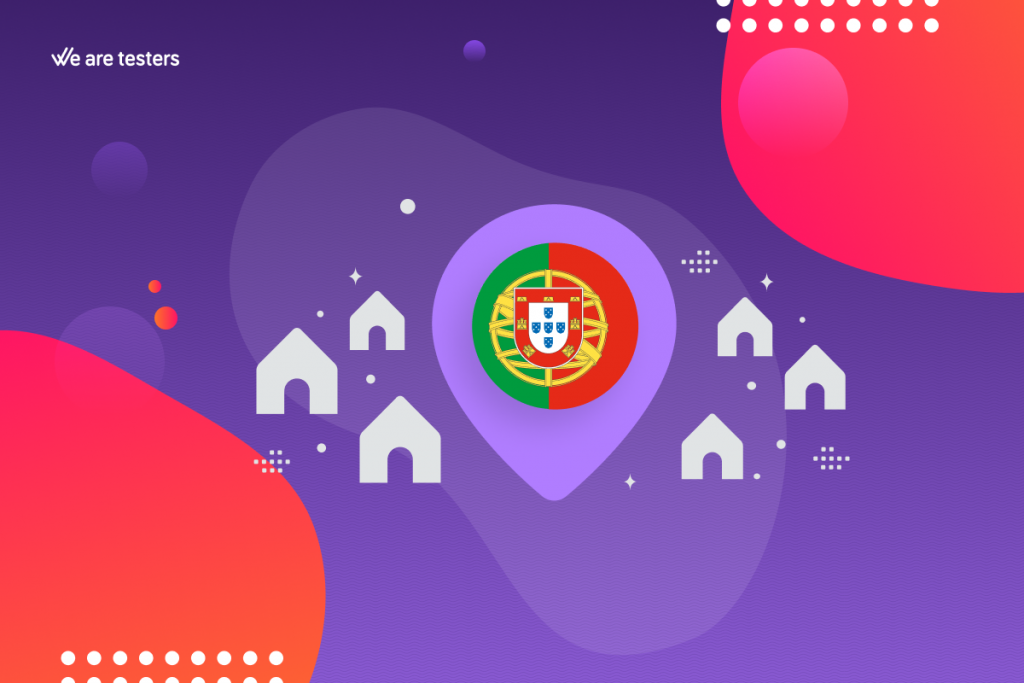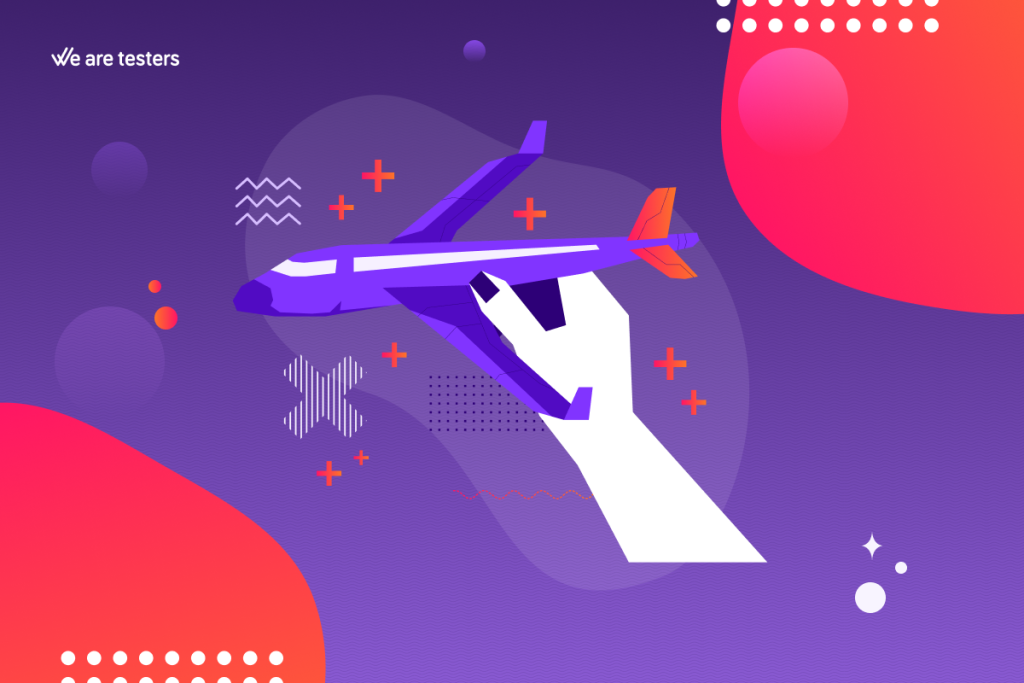
We are testers focus groups now allow you to get insights faster and easier. We have just launched the new version of the qualitative research module that will allow you to get in-depth information about your target audience in record time. Discover all the new features and speed up your research on your own or with the help of our qualitative research experts.
Focus groups easier set-up
At We are testers we are determined to automate all repetitive research tasks so that you can speed up processes and get your insights as quickly as possible. We have now improved the entire process of recruiting and managing focus group and in-depth interview participants so that you can get into the field quickly and effortlessly. So you can get your results sooner and have your insights to make decisions sooner than ever before.
- Choose how you want the moderation to be. Conduct your focus groups or in-depth interviews yourself or rely on the qualitative research experts at We are testers. They will organise the groups and moderate them according to your briefing. Then you only have to decide what to do with the results.
- Decide when you want to organise your focus groups. If you choose to run them yourself, select a day and time for all the groups you want to run. If you change your mind later and want to modify or cancel any of your groups, no problem. Reset the time you want and create a new focus group.
- Access the sample you need. Rely on We are testers’ panel of consumers and users to select your sample. We have 130,000 people so you can find the right profiles. And if you prefer to use your own database, you can do that too. Get the link to the focus group registration system and share it with the people on your list.
- Select the characteristics of the participants with a few clicks. You decide if you want to filter by gender, age or any other socio-demographic data. Introduce filter questions in the recruitment if you want them to meet more specific characteristics. Our systems will take care of finding the most suitable participants among all the people in our panel.
- Let us take care of the appointment management. Once you have selected your sample, the system will send the invitations to the people who meet the characteristics you need. They will sign up for the different focus groups you have defined until the groups are full. Meanwhile, you will be able to check the progress of each group at all times.
- Automate communications. Send confirmations, reminder emails and messages about any changes completely automatically. The system takes care of everything for you.
- Ensure quality connectivity. All participants will be invited to take a mandatory test during recruitment. This way people with poor connectivity or any technical problems will know what they need to fix before the focus group takes place and can arrive prepared.
- Define observers. Do you want to invite observers to your focus groups? No problem. Add their details so that they can be invited to the groups and define their role as observers so that they can attend live.
As you can see, with all the improvements, you will practically only have to moderate the groups, and remember that if you wish, we can moderate them for you.
Analysis in record time with the help of AI
The analysis phase of our focus groups has also been improved to save you time and effort.
- Add bookmarks and notes as you go through the session. Speed up your analysis by quickly going to the sections you find most interesting in each session.
- Access the transcript of the sessions. In addition to the videos, you will have the full automatic transcript so you can search by text and extract verbatims more easily.
- Let artificial intelligence help you synthesise messages. Ask it to make lists of the main ideas and create a summary of what was said during the session. This will help you manage information better, especially with large volumes of focus groups. Use the lists and summaries as a way of locating what you think is most important and access the full content for a richer analysis.
With all the researcher aids it is easier to get a good overview of the content and to reach a deep level of understanding of your consumers and users quickly.
Online focus groups with all their advantages
Online focus groups have gained traction in market research and their growth accelerated rapidly during the COVID-19 confinement. Once the pandemic subsided, many focus groups continued to be conducted online.
Conducting focus groups online has many advantages in terms of efficiency and convenience:
- There is no need to rent rooms. As the whole process is conducted online, it is not necessary to hire a room in each place where you want to organise a focus group, with the significant savings that this entails.
- Participants do not have to travel. Participants can do it from the comfort of their own home. Technology ensures that they can interact with each other in much the same way, and being in their own environment gives them security, privacy and comfort, and psychologically they feel freer to express their opinions.
- Greater geographical dispersion can be counted on. Bringing people from outside the big cities to participate in focus groups is difficult, expensive and rarely happens in practice. But with online focus groups, all these geographical barriers are removed.
- Convenience for observers. Possibility to connect from different locations to view the dynamics live.
- Speed. By eliminating the need to hire rooms and travel, it is possible to get into the field much more quickly, and to have the conclusions much sooner.
- Technology. Conducting focus groups through a specialised platform such as We are testers allows you to use technology to manage participants and speed up the analysis with the help of artificial intelligence.
Without room, travel and subsistence costs, it is much more competitive in terms of cost and speed to conduct focus groups online, and it is also more convenient for participants, moderators and observers. These reasons are at the heart of the rapid growth of online focus groups in most markets.
When to do focus groups?
A focus group is a technique from qualitative research that is used to conduct market research. It involves setting up a group to discuss a topic for a set amount of time. A facilitator moderates and guides the conversation to explore the ideas and experiences of the participants. The focus group provides in-depth information about the perceptions, opinions, attitudes, and behaviours of a group of people on any given topic.
A common idea among many researchers is that in many cases it is ideal to do qualitative exploratory research first, for example through focus groups, and then do quantitative research through surveys to quantify the insights discovered. However, there is nothing to stop you from doing it the other way around when necessary. If you have conducted a survey and are seeing unexpected or hard-to-understand data, you can dig deeper into that particular aspect through focus groups. Don’t be left guessing!
There are many research topics you can address through focus groups:
- Understanding a market: when launching a new brand or expanding into a new category or market, it is important to explore how consumers perceive and use the category and brands. This will help you understand the key data on which to base your expansion strategy and marketing plan.
- Product development: A very common use case where focus groups are often used concerns the screening of initial ideas for innovation processes. With a few groups that have a certain representativeness we can not only assess the different options proposed, but also obtain very rich information to shape the concepts and re-evaluate them this time with quantitative techniques.
- General attitudes and opinions: Brands often need background information on what consumers think about different issues and how that impacts the category or product. For example, brands need to understand what their consumers think is important in the area of sustainability. This ensures that the brand is focusing on the most important ones. Another example may have to do with the relationship between health and food. And there are many others.
- Communication and advertising: in this case focus groups are used to test advertising campaign ideas, messages, or creative elements and see how they will resonate with the target audience. With the current fragmentation of media, there is a whole initial phase where creative paths or claims can be analysed before being translated into concrete executions for each medium. Once they have been validated by consumers, brands can invest in creating animatics or final versions and retest them with quantitative tools to prioritise and improve them before launch.
As you can see, there are many use cases for focus groups and I’m sure this list can be completed with many other examples.


